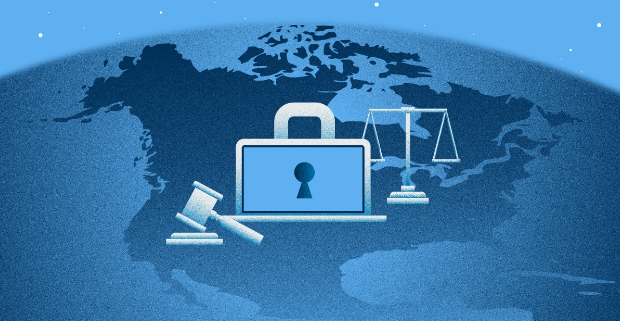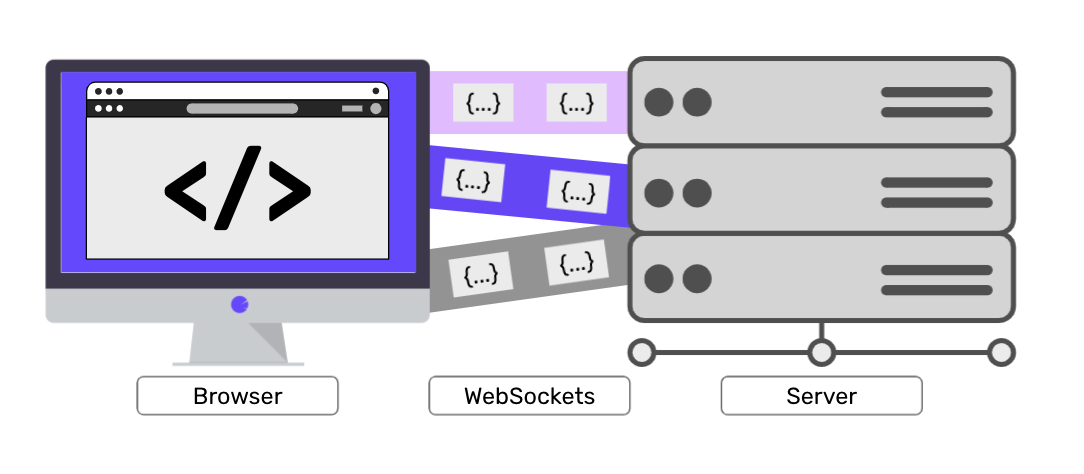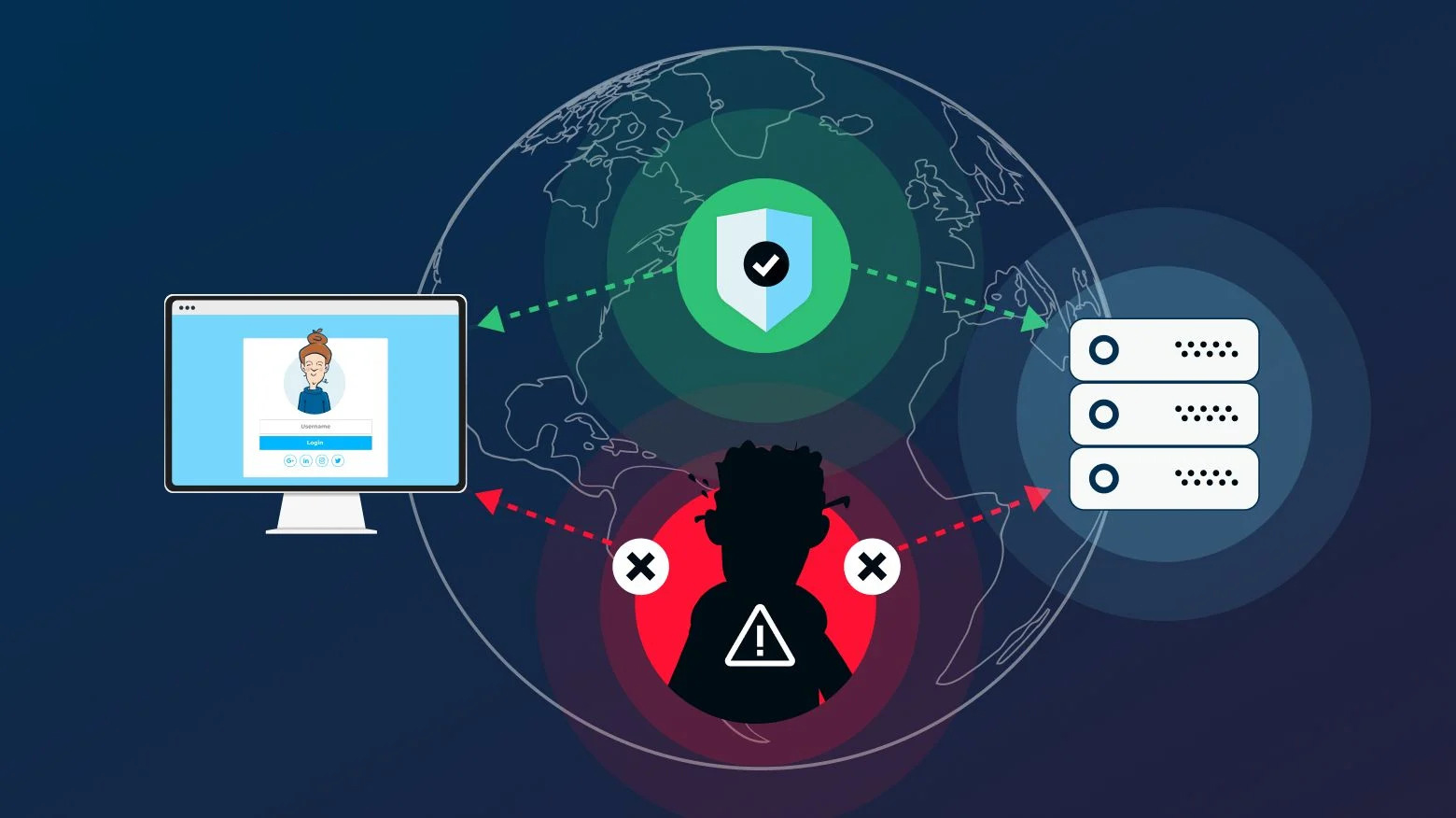
In the digital age, data is more valuable than ever before. Businesses collect and store vast amounts of personal data about their customers, employees, and partners. This data can be used to track people's online activity, target them with advertising, and even make decisions about their creditworthiness.
The collection and use of personal data raises a number of privacy concerns. People are concerned about who has access to their data, how it is being used, and how it is being protected. Data privacy regulations are designed to address these concerns and protect people's right to privacy.
GDPR and CCPA
The General Data Protection Regulation (GDPR) is a European Union regulation that went into effect in 2018. The GDPR is one of the most comprehensive data privacy regulations in the world. It applies to all businesses that process the personal data of individuals located in the European Union, regardless of where the business is located.
The California Consumer Privacy Act (CCPA) is a California law that went into effect in 2020. The CCPA is the first data privacy law in the United States. It applies to businesses that collect the personal information of California residents.
The Impact of Data Privacy Regulations
Data privacy regulations have had a significant impact on businesses. Businesses have had to invest in new technologies and processes to comply with the regulations. They have also had to change the way they collect, use, and share personal data.
Data privacy regulations have also had a positive impact on consumers. Consumers now have more control over their personal data. They can opt out of having their data collected, used, or shared. They can also request that businesses delete their data.
Conclusion
Data privacy regulations are important because they protect people's right to privacy. They also help to build trust between businesses and consumers. Businesses that comply with data privacy regulations are more likely to be trusted by consumers. This can lead to increased sales and revenue.
Here are some additional tips for businesses on how to comply with data privacy regulations:
Get consent from consumers before collecting their personal data.
Use the data only for the purposes for which it was collected.
Keep the data secure.
Delete the data when it is no longer needed.
Respond to consumer requests to access, correct, or delete their data.
By following these tips, businesses can help to protect people's privacy and build trust with consumers.





